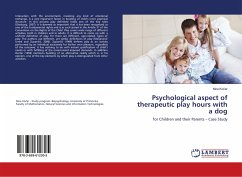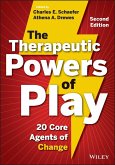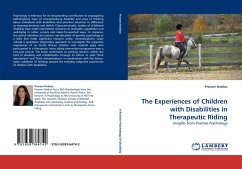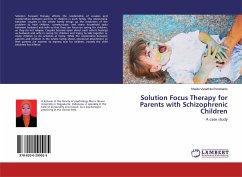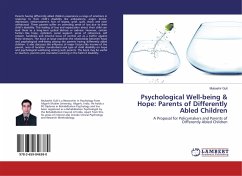Interaction with the environment, involving any kind of emotional exchange, is a very important factor in building of child's inner psychical structure. In this process play definitely holds one of the key roles (Ginsburg, 2007). It is deemed so important that it has been recognized as one of the fundamental rights and is as such stated in the Article 31 of the Convention on the Rights of the Child. Play covers wide range of different activities, both in children and in adults. It is difficult to come up with a uniform definition of play, for there are different, age-related, types of play. The authors use different, yet similar definitions of play (Marjanovic Umek and Zupancic, 2006). Zupancic (1999) defines play as an activity performed by an individual exclusively for his/her own pleasure, regardless of the outcome; it has nothing to do with instant gratification of child's needs or with fulfilling of the environment-imposed demands. In addition Oerter (1993) mentions buildingof an alternative reality which is, in his opinion, one of the key elements by which play is distinguished from other activities.
Bitte wählen Sie Ihr Anliegen aus.
Rechnungen
Retourenschein anfordern
Bestellstatus
Storno

